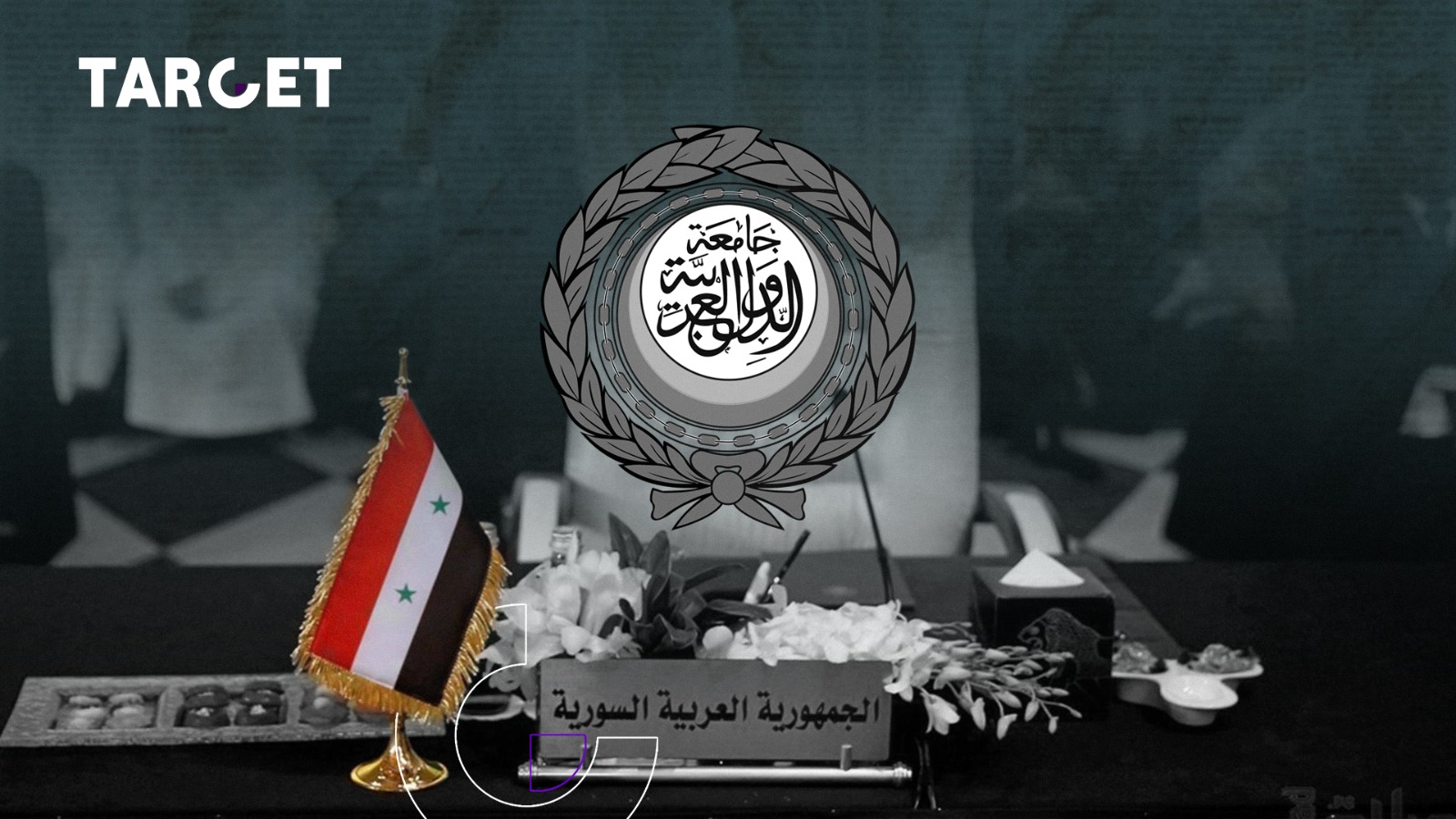Arab League foreign ministers in Cairo decided to reinstate Syria as a full member of the league. Twelve years ago, after the outbreak of the Syrian war, the country was suspended as a member of the 22-nation organization. The suspension was imposed due to the violence used by President Assad against opponents of the regime. At least half a million people have been killed in the war. More than 20 million Syrians were forced to flee their country.
In recent years, some of Syria’s neighboring countries have taken steps to normalize diplomatic relations with Damascus. However, Saudi Arabia has long been reluctant to re-engage with Bashar al-Assad. Nevertheless, Saudi Foreign Minister Prince Faisal bin Farhan Al Saud visited Damascus last month for the first time in more than a decade. Embassies in both countries have since been reopened and flights between the two have resumed.
Most member states had stated in the past that they no longer wanted Assad as a leader. Many of them supported the opposition in Syria with arms and money. The decision of the Arab League has therefore also been met with skepticism on the international scene. US State Department spokesman Vedant Patel reacted against Syria’s return to the Arab League: “We do not believe that Syria deserves to be readmitted to the Arab League at this time, and we’ve made that clear to all of our partners.”
On the other hand, many states also want to deal with the influx of refugees from Syria. Countries such as Lebanon and Jordan, for instance, have seen a large influx of Syrian refugees in recent years. Normalizing relations with Syria will also weaken Iranian influence in the country, which is also one of the key issues on their agenda.
In a written statement, the Syrian Democratic Council (MSD) said it welcomed Syria’s return to the Arab League on the basis of rightful interests. “This step should pay attention to the suffering of the Syrians. Moreover, all active Syrian national parties should participate in the political process without any exclusion. We hope that the Arab initiative will work properly and stabilize the situation within the framework of UN resolution 2254. A suitable environment can thus be created for the safe return of refugees.” The Council stressed that it was also ready to help with the refugee problem.
The Arab League was founded in Cairo on 22 March 1945 with the aim of promoting cooperation between countries and advancing common interests. The countries that make up the Arab League are Algeria, Bahrain, Comoros, Djibouti, Egypt, the Palestinian Authority, Iraq, Yemen, Jordan, Kuwait, Lebanon, Libya, Morocco, Mauritania, Oman, Qatar, Saudi Arabia, Sudan, Somalia, Syria, Tunisia and the United Arab Emirates.

